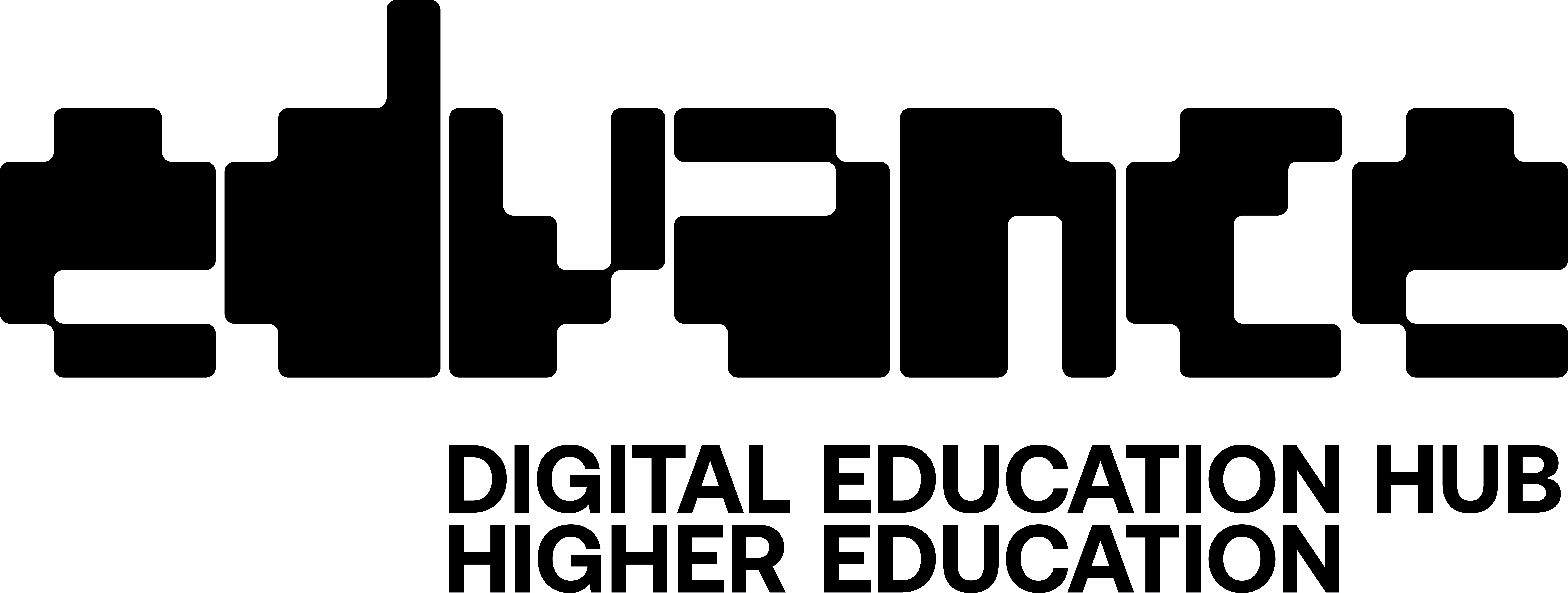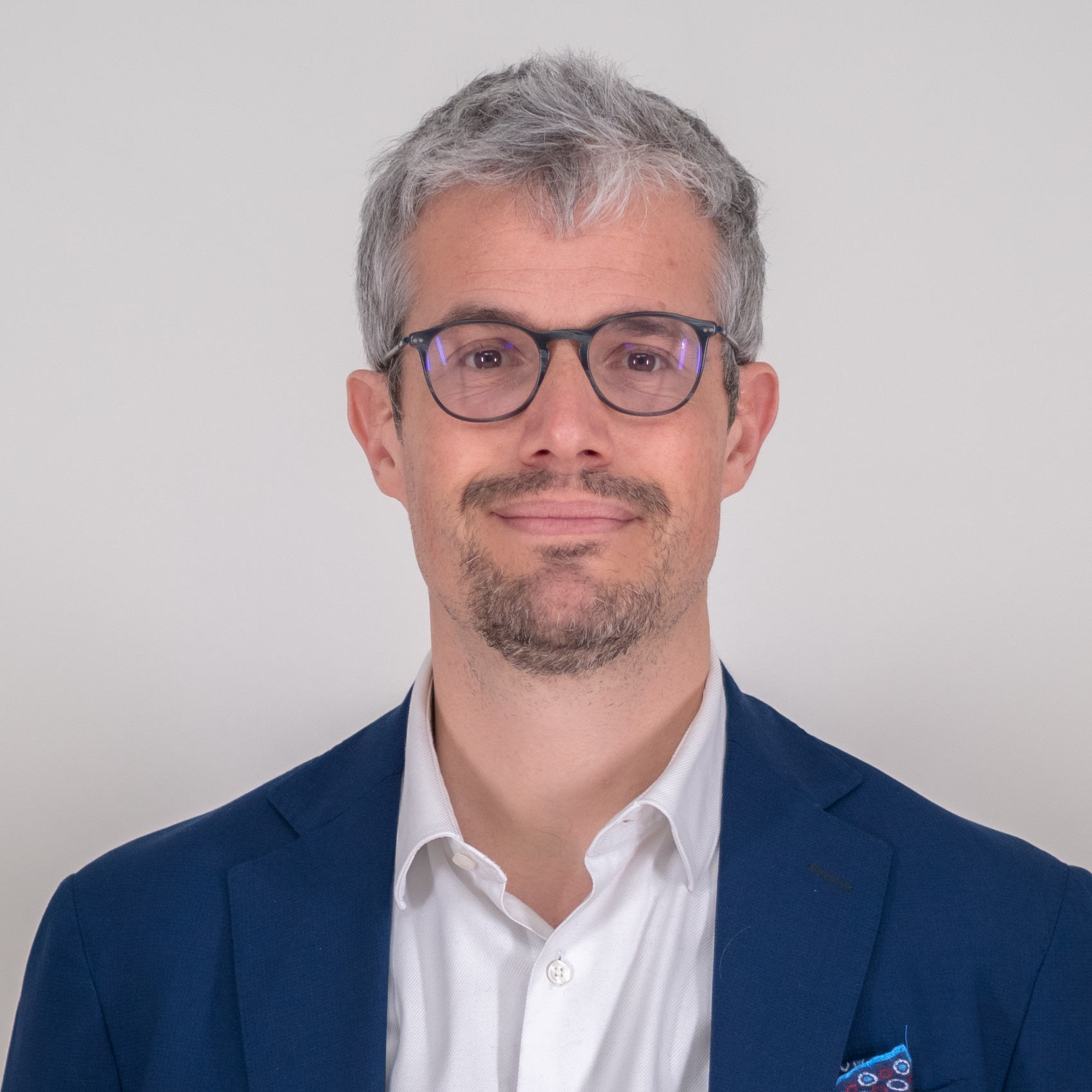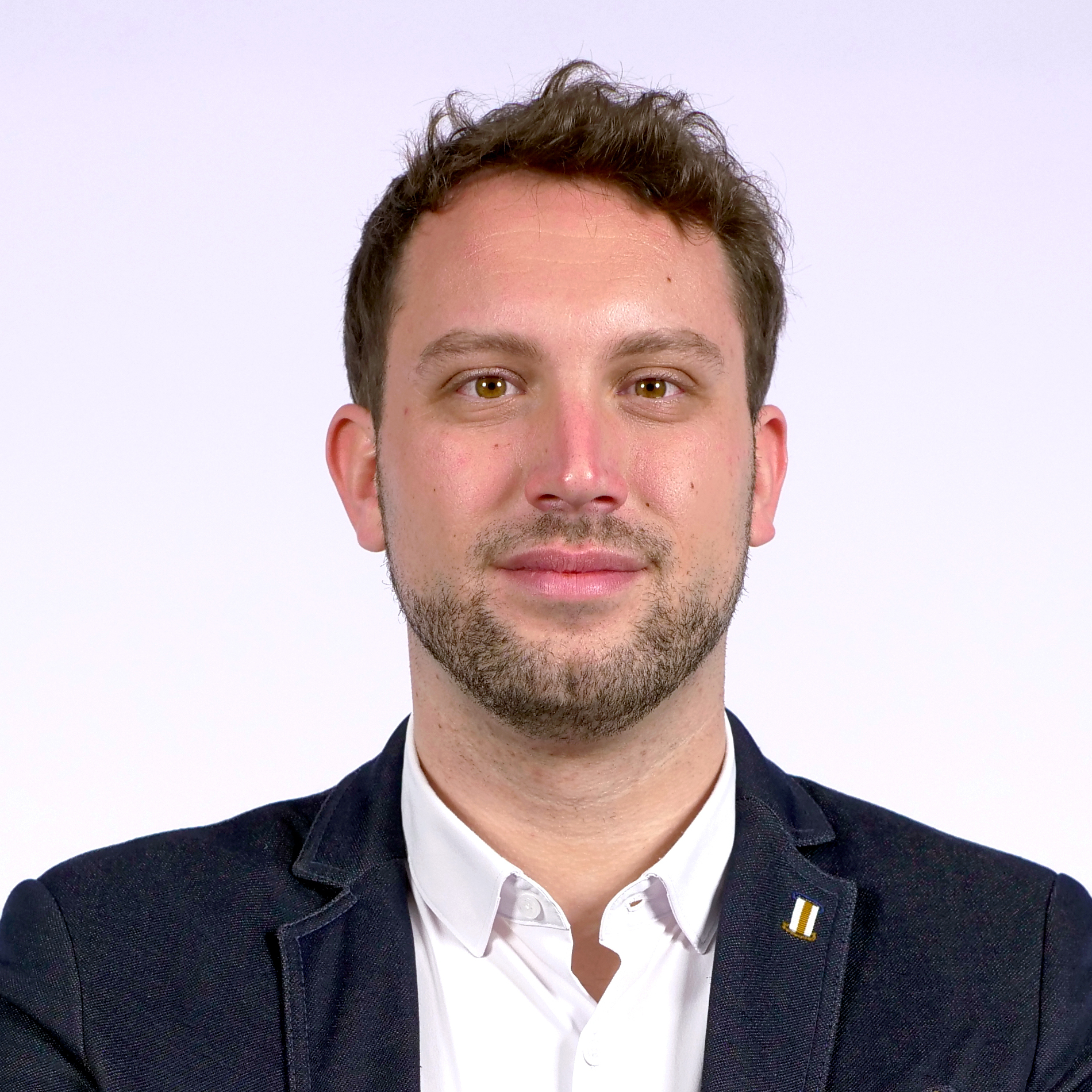Log in and enrol
Control and replan using Earned Value and Risk Management
Control and replan using Earned Value and Risk Management
Learn how to control projects, adjusting the plan during the project and managing risks.
Introduction to Management Engineering Series
This MOOC is part of the Introduction to Management Engineering series, which is designed to introduce prospective master students and people interested in managerial disciplines into the key fundamentals of Management Engineering. Through an analytical and engineering approach, the series provides basic concepts and language in the areas of Strategy, Economics, Financial Accounting, Organization, and Operations Management.
The series is the result of a collaborative design between METID, the unit of Politecnico di Milano devoted to teaching and learning innovation, and the Study Course in Management Engineering.
See the full seriesCourse description
Project Management is a fundamental theme to understand and work in any business environments. Once projects are properly planned, the job of a Project Manager is just started. Indeed, PMs need to properly control, re plan, and manage risks during the execution of the project. During the course, the Earned Value Management System – the standard and most diffused technique to properly manage time and cost in a project – is presented. In doing so, the concepts of BCWS (the time-phased budget), the BCWP (the earned value) and ACWP (the actual costs of what has been performed) are introduced along with the main indicators that help managers in taking decision on how to replan the projects according to the estimation at completion. Finally, the main approaches to identify and manage risks are introduced along with the closing phase.
Total workload of the course: 5 h
This MOOC is provided by Politecnico di Milano.
This MOOC was produced as part of the Edvance project – Digital Education Hub per la Cultura Digitale Avanzata. The project is funded by the European Union – Next Generation EU, Component 1, Investment 3.4 “Didattica e competenze universitarie avanzate".






Intended Learning Outcomes
By actively participating in this MOOC, you will achieve different intended learning outcomes (ILOs).
- Understand the main indicators to control a project in a business context.
ESCO: project management principles. - Use the right tools to control a project when managing it.
ESCO: project management. - Understand the definition of risk in a project.
ESCO: perform risk analysis. - Remember the main typologies of risk approaches in project management.
ESCO: perform risk analysis.
Prerequisites
This course follows the previous ones "Project Management beyond planning and control" and "Life cycle and project planning". No prior knowledge is required: attendance of the previous courses is not compulsory, but it is recommended.
Activities
Over and above consulting the content, in the form of videos and other web-based resources, you will have the opportunity to discuss course topics and to share ideas with your peers in the Forum of this MOOC.
Section outline
-
-
The week focuses on the controlling and closing phases of projects, focusing on the main tools and capabilities needed during (and at the end) of a project. It goes through the introduction of the Earned Value Management System, with the presentation of BCWS, ACWP and BCWP, the main indicators of the controlling phase and the main tools and techniques for risk management.
-
Assessment
Your final grade for the course will be based on the results of your answers to the assessed quizzes. You have an unlimited number of attempts at each quiz, but you must wait 15 minutes before you can try again. You will have successfully completed the course if you score a total of 60% (or higher) in each of the assessed quizzes.
The maximum score possible for each quiz is given at the beginning of the quiz. You can view your score in the quiz on your last attempt or on the 'Grades' page.
Certificate
You can achieve a certificate in the form of an Open Badge for this course, if you obtain, at least, 60% of the total score in the graded quizzes and by filling in the final survey.
Once you have completed the required tasks, you will be able to access ‘Get the Open Badge’ and start issuing the badge. Instructions on how to access the badge will be sent to your e-mail address.
The Badge does not confer any academic credit, grade or degree.
Information about fees and access to materials
You can access the course absolutely free of charge and completely online.
Course faculty

Tommaso Buganza
Teacher
Tommaso Buganza is Associate Professor of Leadership and Innovation at the School of Management of Politecnico di Milano where he also is co-founder of LEADIN'Lab, the Laboratory for Leadership, Design and Innovation. He is a lecturer in Innovation Management and Project Management, responsible for the Project Management Academy and coordinator of the innovation and training area at MIP (Politecnico di Milano Graduate School of Business). He is scientific director of IDeaLs the global research platform of Politecnico di Milano that pioneers new ways to engage people to make innovation happen with companies. He co-founded Symplatform, the symposium on digital platforms that aims to foster a constructive discussions among scholars and practitioners.

Daniel Trabucchi
Teacher
Daniel Trabucchi is Assistant Professor at the School of Management, Politecnico di Milano, where he also serves as a senior researcher in the LEADIN’Lab, the Laboratory for LEAdership, Design and INnovation. He works on Innovation Management, he teaches and studies the fields of Platform Thinking, Agile Project Management and the Human side of Innovation (with a strong focus on engagement within the research platform IDeaLs). He co-founded Symplatform, the symposium on digital platforms that aims to foster a constructive discussions among scholars and practitioners.
Contact details
If you have any enquiries about the course or if you need technical assistance please contact pok@polimi.it. For further information, see FAQ page.